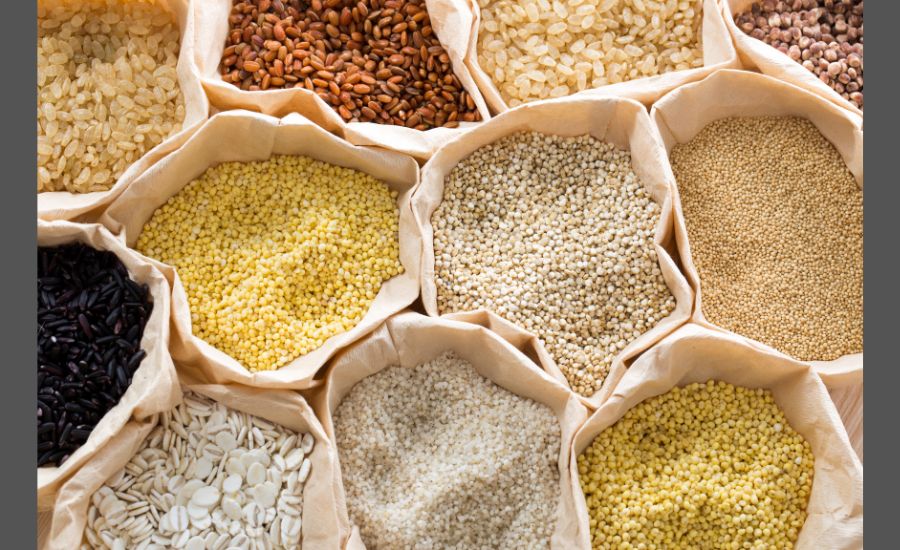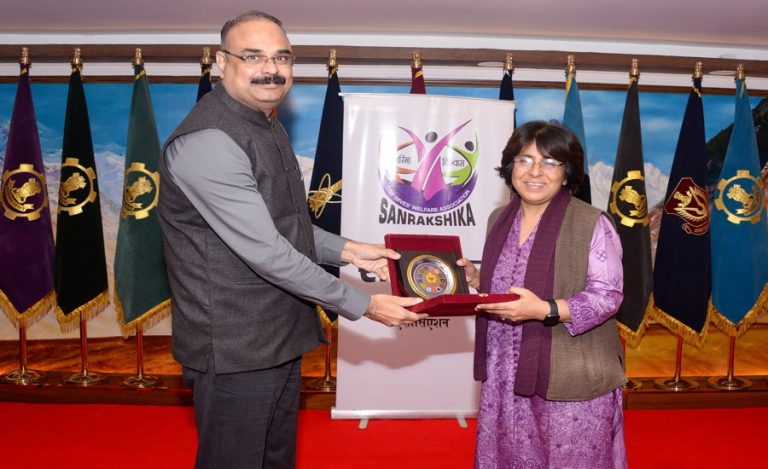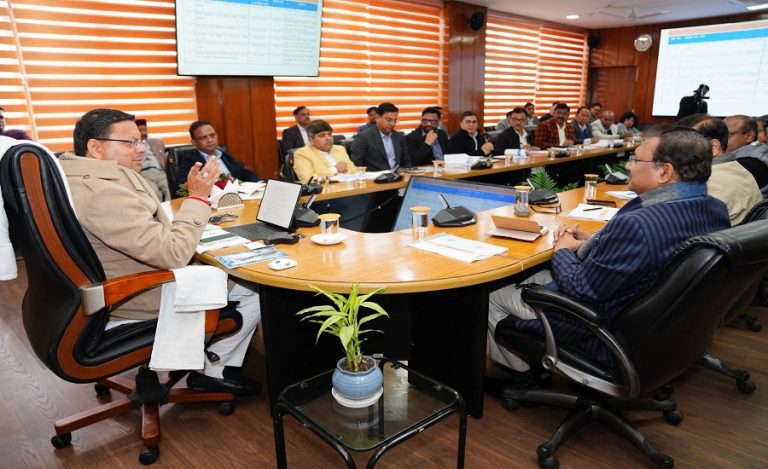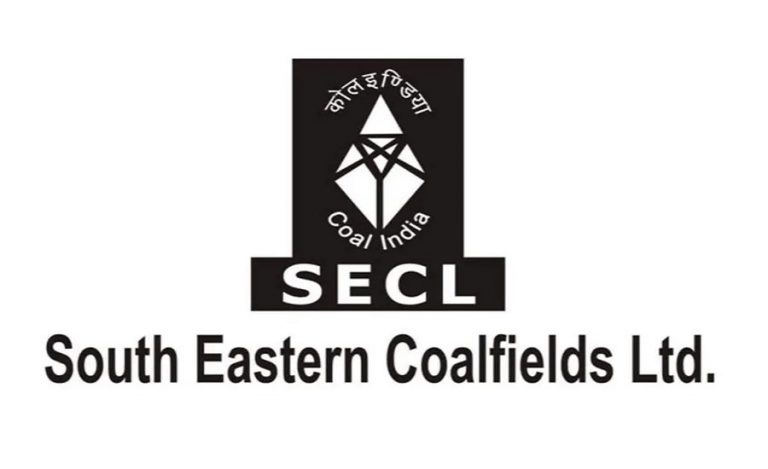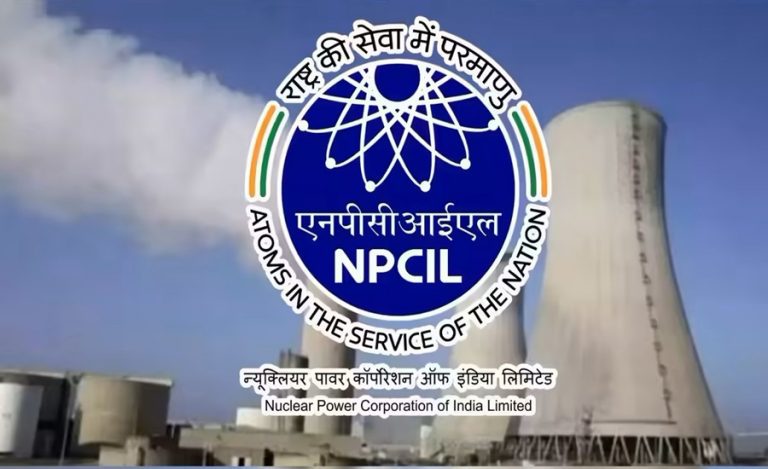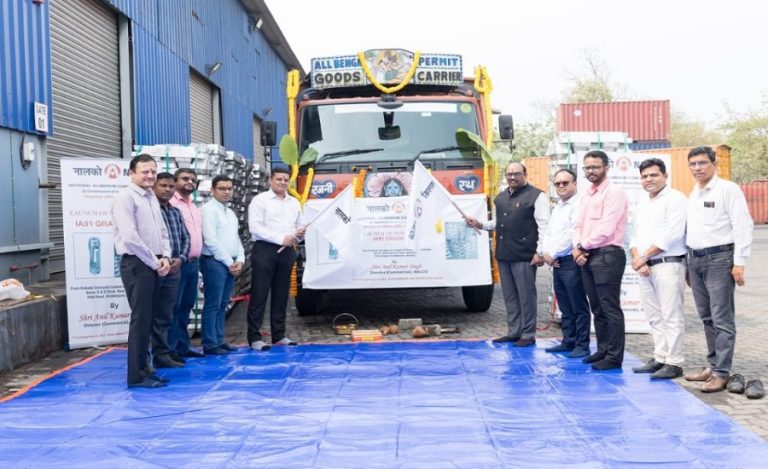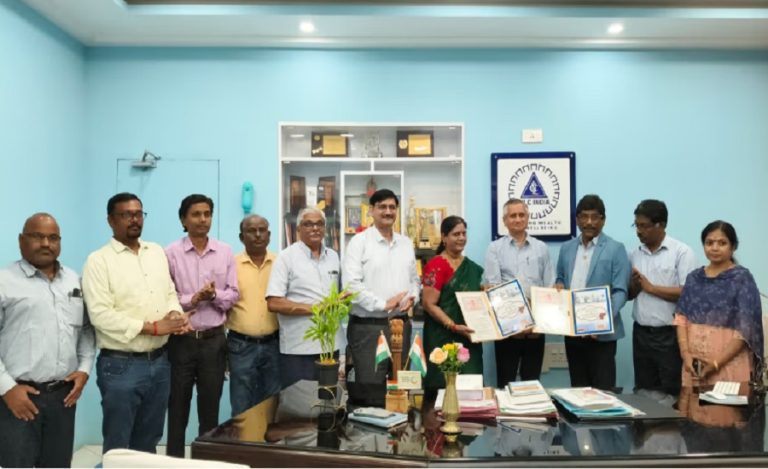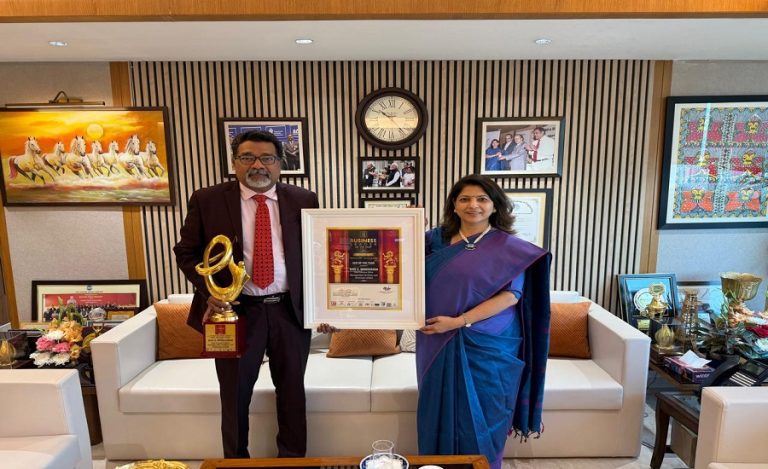To boost the adoption of millets in food products and encourage value addition in the millet-based food processing sector, the Government of India introduced the Production-Linked Incentive Scheme for Millet-based Products (PLISMBP). This scheme, spanning FY 2022-2023 to FY 2026-2027, is supported by an outlay of ₹800 crore. By removing the threshold investment requirement, the initiative has been made more inclusive, allowing broader participation. Companies selected under the scheme must achieve a minimum year-on-year sales growth of 10% over the base year to qualify for incentives. It focuses on promoting the sales of branded Ready-to-Eat and Ready-to-Cook products in consumer packs containing over 15% millet by weight or volume.
Thirty beneficiaries were initially enrolled in the PLI Scheme for Millet-Based Products. Following the withdrawal of one beneficiary, there are now 29 beneficiaries. According to the scheme guidelines, only domestically sourced agricultural products (excluding additives, flavours, and oils) must be used in the preparation of millet-based products. This requirement has boosted local production and procurement of agricultural produce, which has benefitted farmers.
The scheme has a tenure of five years. The claims in respect of the first performance year (FY 2022-2023) were required to be filed in FY 2023-2024. 19 applicants submitted incentive claims, and ₹3.917 crore has been disbursed to the eligible applicants so far.
The government has introduced several measures to enhance the implementation of the Production-Linked Incentive Scheme for Millet-Based Products (PLISMBP). These measures include the establishment of a user-friendly portal and the creation of dedicated groups for prompt issue resolution. Clarifications on scheme guidelines have been issued from time to time to facilitate easy understanding of the scheme guidelines. Moreover, regular monitoring and evaluation mechanisms have been instituted, and technical assistance is provided through dedicated teams to facilitate smooth implementation of the scheme. Additionally, weekly meetings with applicants are held to ensure effective communication and progress tracking.

